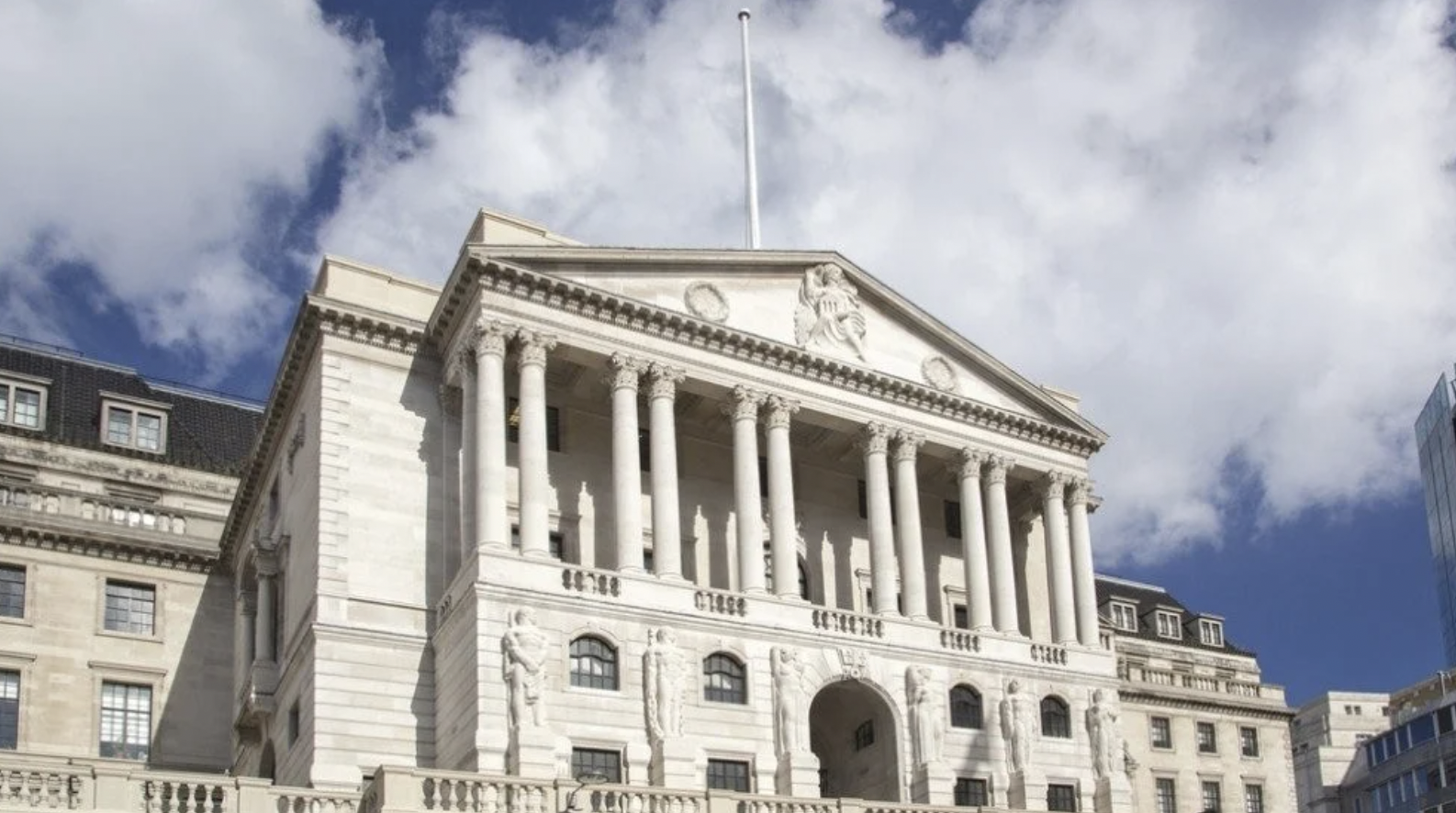Bank of England increases base rate to 5.25%

The Bank of England has recently announced an increase in the base rate from 5% to 5.25%, marking its highest level in over 15 years. This decision holds significant implications for borrowers and savers alike, as it affects the cost of borrowing money and the returns on savings.
The central bank has been closely monitoring inflation, which saw a dip in the Consumer Prices Index measure from 8.7% to 7.9% in June, the lowest rate in over a year. Despite this temporary respite, the Bank of England anticipates inflation to gradually decline to around 5% by the year-end. This projection is based on the expectation of milder increases in energy and food prices.
For mortgage holders, the impact of the rate increase will vary depending on the type of mortgage they have. Those on fixed-rate mortgages need not worry, as their interest rates will remain unchanged during the fixed period. However, individuals with standard variable rate (SVR) or 'discount' mortgages may experience an increase in their mortgage rates, potentially resulting in higher monthly payments.
Tracker mortgage holders will see their mortgage costs rise, as these mortgages are designed to mirror changes in the base rate. The recent hike translates to an approximate £14 increase in monthly payments for each £100,000 of the mortgage amount.
For those with mortgages, it is crucial to assess their current situation and consider their options. Those nearing the end of a fixed-rate term may want to explore new mortgage deals, keeping in mind the prevailing interest rate environment.
Savers, on the other hand, may find some relief with the rate increase, as it should result in better returns on savings accounts. However, it is worth noting that some banks have been slow to pass on rate increases to their customers. The Financial Conduct Authority (FCA) is keeping a watchful eye on this matter, implementing measures to ensure fair treatment for savers.
In light of the rate hike, savers may want to wait a few days to observe if best-buy rates improve before making any switches. Various options, such as easy access accounts, notice accounts, and fixed-term accounts, offer different rates depending on an individual's risk appetite and willingness to lock funds for a specific period.
Overall, the Bank of England's decision to increase the base rate reflects its efforts to manage inflation and stabilise the economy. Borrowers and savers should closely monitor how this development affects their financial arrangements and make informed decisions based on their specific circumstances.

